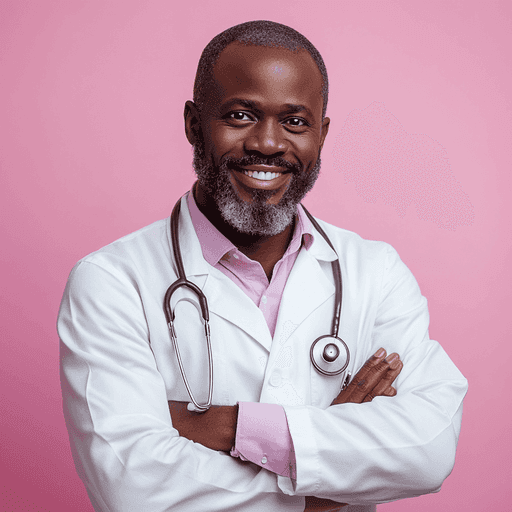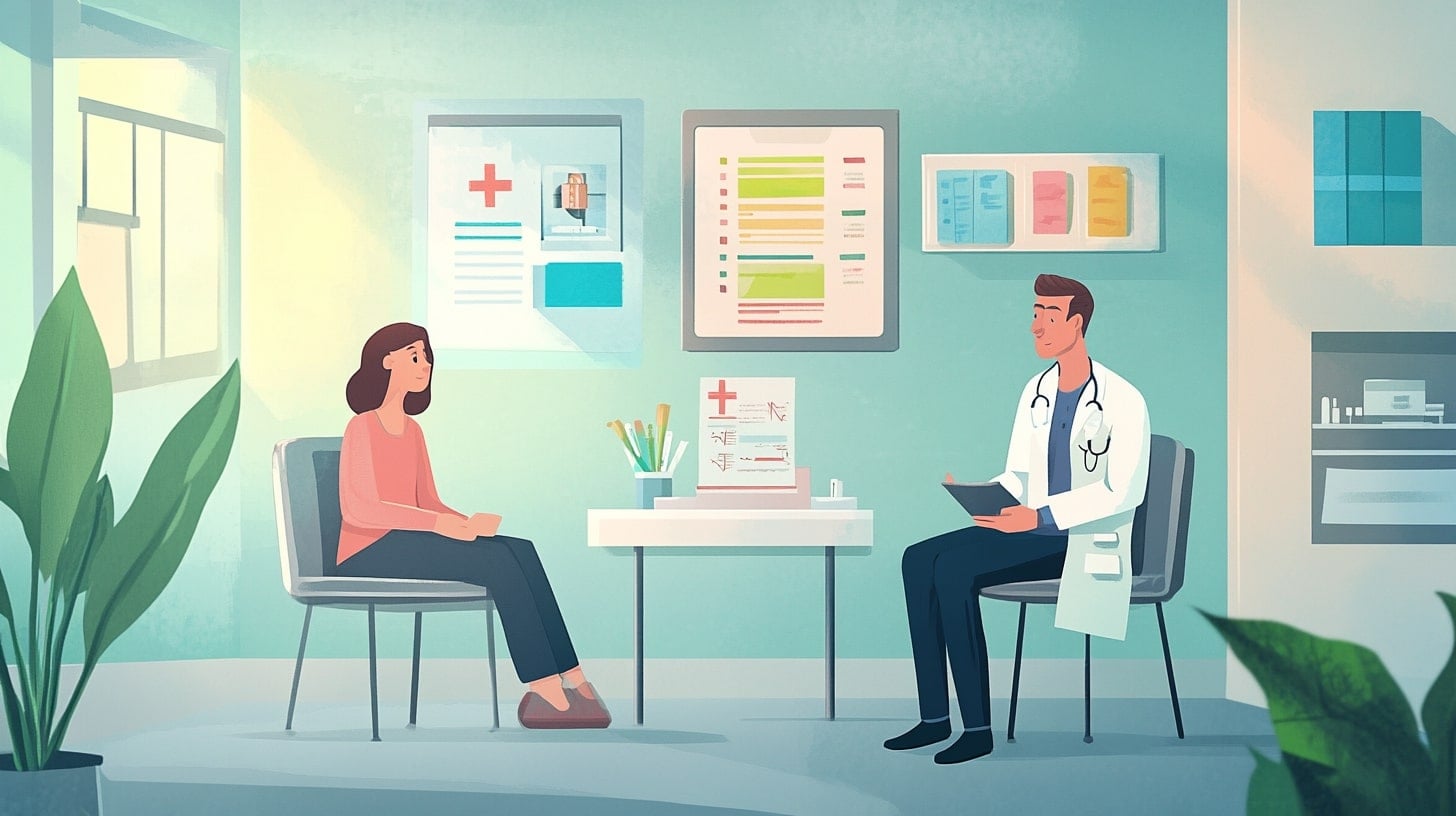What to Do If You Test Positive for an STD: Steps Toward Treatment and Recovery
Feb 6, 2025
If you test positive for an STD, don’t panic. The first step is to consult a healthcare provider for appropriate treatment, which may include antibiotics or antiviral medications. Follow-up care is essential for managing your health and preventing complications. With the right treatment and support, recovery is possible, and you can continue living a healthy life.
Understanding Your Diagnosis
Take a Deep Breath:
It is completely normal to feel a range of emotions after receiving a positive STD test result. Remember, many STDs are treatable and manageable with modern medicine. Your diagnosis is simply the first step in taking control of your health.Educate Yourself:
Once you have a positive result, educate yourself about the specific STD. Understanding the nature of the infection, its modes of transmission, and potential complications will help you make informed decisions about treatment. Reliable sources such as CDC.gov can provide up-to-date information on various STDs.
Steps to Take After a Positive Diagnosis
Seek Professional Medical Advice:
Consult with a healthcare provider who specializes in sexual health. They can confirm your diagnosis, explain your treatment options, and answer any questions you might have. It’s essential to follow their recommendations closely to ensure a full recovery.Follow Your Treatment Plan:
Whether you’re prescribed antibiotics for a bacterial infection or antiviral medications for a viral one, it’s crucial to complete the full course of treatment. Adhering to your treatment plan not only helps you recover but also reduces the risk of transmitting the infection to others.Inform Your Sexual Partners:
It can be difficult to discuss your diagnosis, but informing your sexual partners is essential. Honest communication allows them to get tested and seek treatment if necessary, and it helps prevent further spread of the infection.Practice Safe Sex:
Until your infection is fully managed, ensure that you practice safe sex by using condoms and other barriers. This minimizes the risk of transmission and helps protect your partner(s).Emotional and Mental Health Support:
A positive STD diagnosis can be emotionally challenging. Consider seeking support from a counselor, therapist, or support group. Taking care of your mental health is as important as managing the physical aspects of the infection.Regular Follow-Up Testing:
After completing treatment, schedule follow-up tests to ensure that the infection has been cleared. Regular monitoring is crucial for chronic conditions such as herpes or HIV, where management is ongoing.
Building a Healthier Future
Taking proactive steps after a positive STD diagnosis can lead to a healthier future. Learn from your experience and use it as an opportunity to improve your sexual health habits. This may include more consistent use of protection, regular testing, and open communication with your partners.
Conclusion
A positive STD test result is not a life sentence. With the right steps-seeking professional advice, following treatment plans, informing partners, and taking care of your mental health - you can effectively manage and overcome the infection. Embrace this moment as an opportunity to prioritize your health and well-being, and remember that recovery and a fulfilling life are entirely within reach.

Dr. Michael Thompson
Dr. Michael Thompson is an expert in sexually transmitted diseases with extensive clinical and research experience. He leads campaigns advocating for early diagnosis and prevention of diseases like HIV and gonorrhea. He collaborates with local organizations to educate both youth and adults about sexual health.





